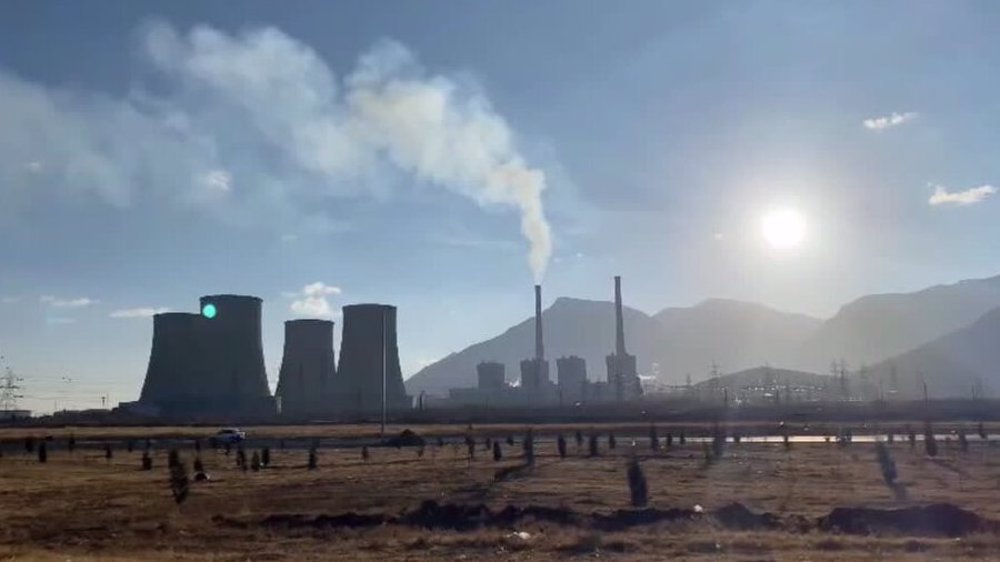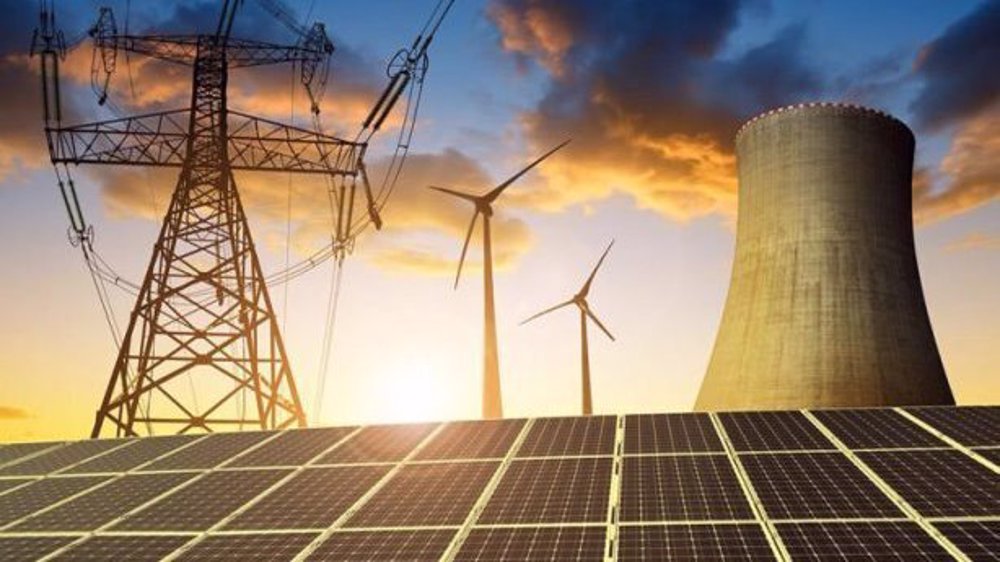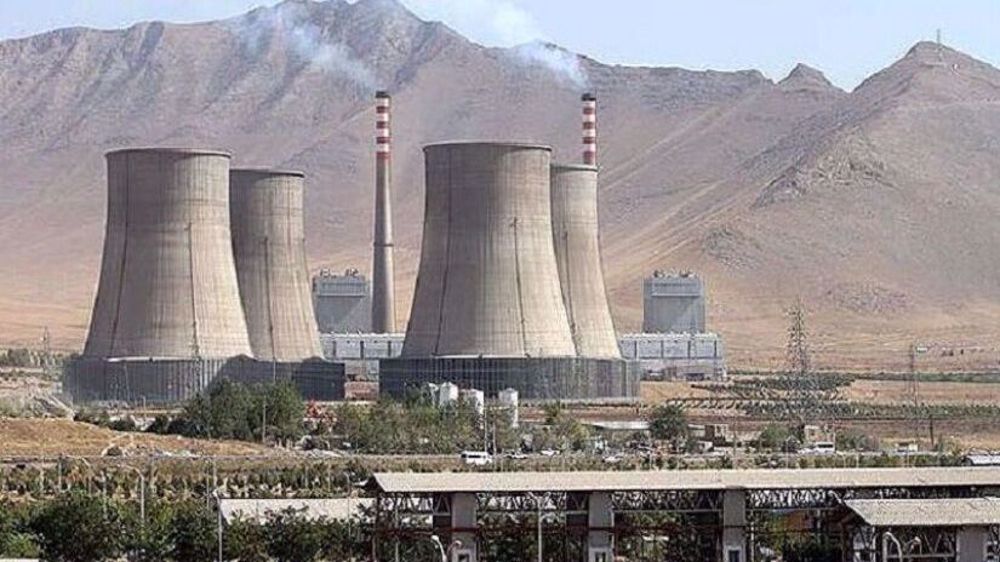Iran needs $200bn oil investments
Iran said on Tuesday that it needs as much as $200 billion in investments to revamp its oil industry.
"To develop the joint fields and enhance recovery of oil reservoirs as well as secure development targets, we need investment totaling $200 billion dollars," Bijan Zangeneh, Iran’s oil minister told reporters.
Zangeneh said the upstream sector requires $130 billion in investments, while $70 billion needs to be injected into processing facilities and oil refineries.
"We have to think to provide it through foreign resources and be after acquiring of technology," he said, adding that Iran's domestic resources are not sufficient enough to develop the country's oil industry, as reported by Sputnik news agency.
Elsewhere in his remarks, Zangeneh said three draft oil agreements have been prepared and a fourth is on the way. However, he did not specify for which projects the drafts are being worked out.
The Iranian minister further emphasized that Iran will put at least 15 new oil projects on tender in the new Iranian calendar year (to begin on 21 March 2016).
Zangeneh emphasized that the priority for awarding the projects will be given to those that are situated on Iran’s shared borders. He also emphasized that the projects that require new technologies to boost their Improved Oil Recovery (IOR) rate will be also prioritized.
Officials have said Iran will ramp up production by 500,000 barrels per day (bpd) within a short time after the removal of sanctions and raise it to 1 million bpd within six months.
In mid-January, the country saw a wide range of nuclear-related economic sanctions lifted when a deal that it had reached with the P5+1 group of countries last summer was implemented.
A main theme of the sanctions included bans on investments by foreign companies in the country’s oil projects.
Iran has also revolutionized its oil contracts to make its projects more attractive to the investors. The country revealed the new format of its oil contracts which is named Iran Petroleum Contract (IPC) last year. Under the IPC, different stages of exploration, development and production will be offered to contractors as an integrated package, with the emphasis laid on enhanced and improved recovery.
IPC is replacing buyback deals. Under a buyback deal, the host government agrees to pay the contractor an agreed price for all volumes of hydrocarbons the contractor produces.
But under the IPC, NIOC will set up joint ventures for crude oil and gas production with international companies which will be paid with a share of the output.
VIDEO | Report flags India’s violation of rights of Rohingya detainees
Turkey's foreign minister meets Syria's de facto leader in Damascus
'Next to impossible' to rescue patients from Gaza's Kamal Adwan Hospital: Director
VIDEO | Vietnam current prosperity
Report blames gasoil exports for shortage at Iranian power plants
VIDEO | Hind Rajab Foundation names Israeli war criminals vacationing after Gaza genocide
VIDEO | Australians rally for Gaza ahead of Christmas festivities
VIDEO | Attacks on Sana'a










 This makes it easy to access the Press TV website
This makes it easy to access the Press TV website